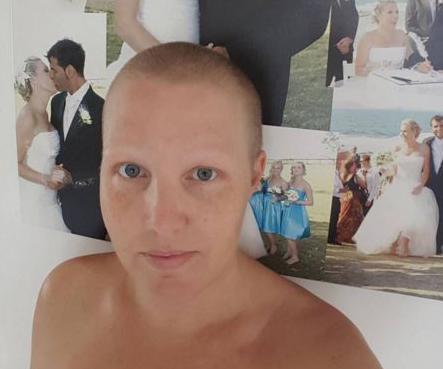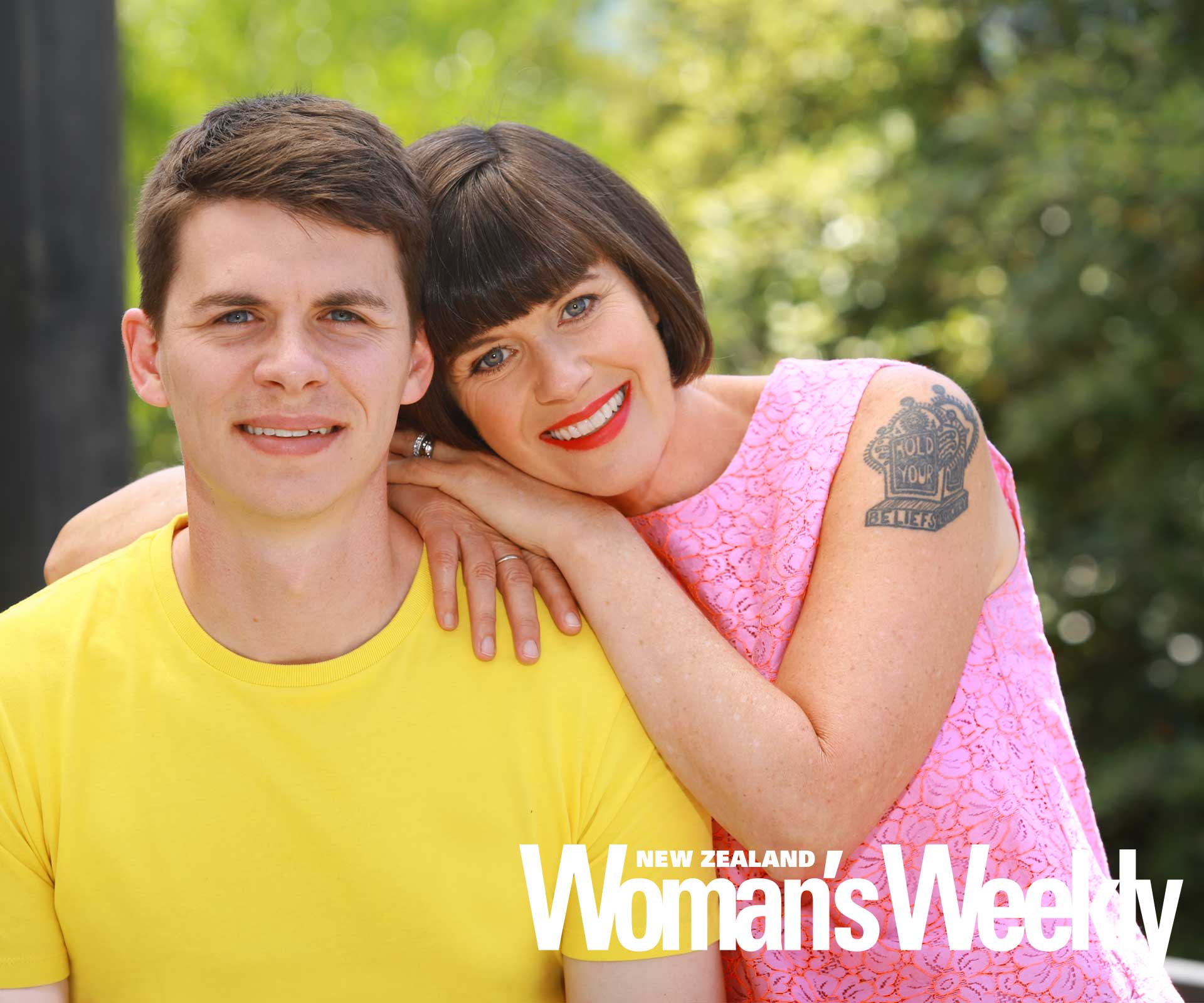Fifteen years ago I was a woman with a dream; I wanted to write a novel. I wasn’t sure how to go about it but I had a bright idea and I owned a computer, so how hard could it be?
Fast-forward to the present day and my 10th book, A Year At Hotel Gondola, is being published. I feel slightly dizzied to have reached this point and along the way have learned a great deal. Most importantly: it can be really, really hard to write a novel but it’s never impossible.
The bright idea is the easy part. Eat, Pray, Love author Elizabeth Gilbert has this theory about ideas for creative projects. She thinks of them as kind of floating around in the ether and if one happens to land on you then you have to act fast. Ignore it and it will soon take off and find a better home elsewhere.
So if your idea is a good one then you can’t waste time on waiting for the perfect time to write it. That golden moment when you have no dead-lines, no family demanding your attention, no stressful job, no overflowing laundry basket – that’s never going to happen.
Wellington author Catherine Robertson has just published her fifth novel, Gabriel’s Bay. She started writing years ago, at the same time as she was running a business and raising young kids.
“I used to get up early and write for an hour before breakfast before everyone else was up because I was too shattered to write in the evenings,” she recalls.
If Catherine, 52, had realised she would need to complete the manuscripts of seven or eight novels before at last succeeding in getting a publishing deal for The Sweet And Second Life Of Darrell Kincaid then she might not have kept going.
“But you always think, ‘this is the one’. And you learn and get better. Sometimes the people you submit the book to will send back a critique and that is totally gold.”
Do it for the enjoyment, not for the money
Once you have your big idea, you need to decide who your reader is. Personally I think it’s a mistake to try and create a novel you wouldn’t enjoy reading. I used to know a very good writer who had big plans to produce best-selling chick lit.
He wasn’t a fan of the genre. In fact, I think he rather looked down on it. But he thought it would be a nice little earner. That is not a good reason to write a book. You need to have a passion, a love of stories, and most especially a love of the kind of story you plan to spend a lot of time working on.
When it comes to that work, the most important thing is to show up and do it. Children’s book author Joy Cowley says the ideal is to write every day as that keeps your muscles flexed and makes the process easier. While I agree, I never manage it. For me it’s a numbers game. If the average length of commercial women’s fiction is 100,000 words then I need to write 5000 a week to have a novel finished in about five months.
It’s good to have a goal. Often the writing has to be fitted in at odd hours around the rest of life and there are times when things don’t get done – housework, exercise, catching up with friends for coffee.
The way you tackle telling your story really comes down to the kind of person you are. Super-organised planners are going to want to work out the mechanics of their plot in detail from the get-go. Without a chapter breakdown, extensive notes on their characters and well-organised research, they’re going to feel lost. People like me who lurch from week to week, and plan as little as possible, simply are not going to work that way. There is no right or wrong here.
For me it’s important to have a sense of place and to know who my main characters are. I think about them so much it seems weird they don’t really exist. I also need to decide who is going to tell the story and how I’ll structure it. This is crucial. With my novel The Food Of Love Cookery School I had all the other elements in place but couldn’t work that bit out. I couldn’t even bear to think about it. Then at the dentist while having a very painful root canal it suddenly seemed the perfect distraction and the whole thing came together in my mind.
When it comes to structure I like to challenge myself; A Year At Hotel Gondola is a book within a book, which was tricky to write. What I don’t like is to know exactly what is going to happen. I’m telling the story to myself and am as caught up in it as I hope the reader will be. If I knew exactly how it was all going to end I’d get bored. I live by this quote from the late American writer EL Doctorow: “Writing is like driving at night in the fog. You can only see as far ahead as your headlights, but you can make the whole trip that way.”
Give the editing process time
When you arrive at the ending that’s a great moment isn’t it? Well yes, but it’s also when some tough work begins. Going back over your manuscript, being ruthless, taking out what doesn’t work, adding what’s needed, turning the whole thing inside out if necessary; it’s painful but important. It’s no coincidence that after seeing me through three novels the delete key fell off my last laptop.
Once your story is polished then you’ll want to get it out into the world so other people can read it. The route I took all those years ago, finding an agent who negotiates a publishing deal, is still an option. But book publishing is a business like any other. Editors need to believe there is an audience out there for what you’ve written. They’re looking to make a profit.
That’s why J. K. Rowling received so many rejections – no one imagined there was a market for stories about a boy wizard. Shortly after the publication of Harry Potter you couldn’t move in a bookshop without tripping over a copycat.Self-publishing is the obvious alternative, but Catherine Robertson sounds a word of warning.
“Don’t be in too much of a hurry to shove your work out there. Give yourself time to learn from your mistakes, to understand a narrative arc, character development, what’s important and what not.”
Catherine says sometimes she’ll read a self-published novel and see the author has made exactly the same mistakes she did in all those books she wrote that never saw the light of day.
Those mistakes may be as simple as characters doing or saying things that don’t seem plausible or authentic. It might be clunky language; a rookie error is too many similes, flowery descriptions or unnecessary information slowing the pace. Or a structural thing – you have started at the wrong point in the story, confused the reader with too many characters, let a sub-plot overtake the main one. There are lots of mistakes and many ways to make them.
I’m not a fan of showing a manuscript to lots of friends and family for feedback. You end up with differing, confusing opinions and if you don’t like hearing what they’ve got to say it can get awkward. But I know people who belong to writing groups and find reading and critiquing each other’s work hugely helpful, so again I suspect this comes down to the kind of person you are.
In the end we all need our work to be assessed and edited, and finding someone whose opinion you trust is vital. Even after 10 novels I still get screeds of helpful advice back from my editor and often it takes several more drafts until I’ve got it right.
You may want to take a creative writing course, or get your manuscript assessed, or find a mentor. The NZ Society Of Authors is your go-to for information and helpful advice (authors.org.nz) and it also offers detailed guides to self-publishing options.
Often the dream is that putting a book out independently will lead to a traditional publishing deal – that’s what happened to E. L. James, author of the Fifty Shades of Grey trilogy. But it can be a long slog.
Know what parts of the process to invest in
Otorohanga-based Tammy Robinson self-published six book on Amazon, gaining rave reviews and some indie awards before being picked up by an agent (Vicki Marsdon of Word Link) and scoring an international publishing deal with Hachette for her seventh, Differently Normal. Her advice to those who want to follow the same path is to invest in cover design and if possible an editor.
“You’ll be crucified if you put out something that’s shoddy,” she says. “So no typos, no repeated words, no changing the name of the character halfway through. You’ll end up getting bad reviews and no one will buy it.”
Getting that good word-of-mouth happening is vital. It helps if you can be active on social media and Kindle boards, but with a young family, 41-year-old Tammy admits that can be a struggle. “In the end if people love your book, they’re going to tell other people,” she says.
Now she has a publisher that means Tammy no longer has to persuade her husband, a former graphic designer, to do her covers. Plus she has a publicity and marketing team, sales reps to get the books into the shops, people who look after editing, printing and distribution. The thing with self-publishing is you have to do all those jobs yourself.
Research your publishing options
There is another alternative. It’s called partnership or hybrid publishing. The process is almost the same as with a traditional publishing company, so you get lots of support. The difference is you share the costs, which can be high depending on the option you choose.
Great Barrier Island author Jenni Ogden says she had a really good experience partnership publishing her successful novel A Drop In The Ocean with a US company She Writes Press. She learned heaps, made some great contacts and even turned a small profit on her large investment of time and money. But she cautions to be careful which company you go with as there are some sharks out there.
And actually traditional publishers are getting more creative – for instance some are doing digital-first books and accepting submissions directly rather than solely through an agent. So it’s worth networking, keeping an eye out online, and seizing opportunities if they come along. Whatever you write, and however you manage to get your work read, just remember the number one rule; enjoy it. If you don’t, then your reader probably won’t either!


